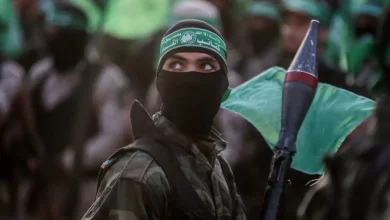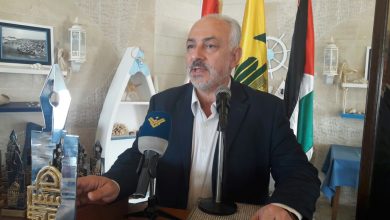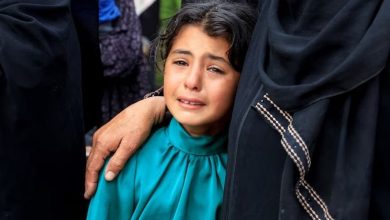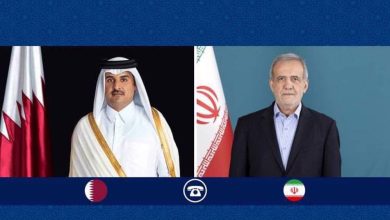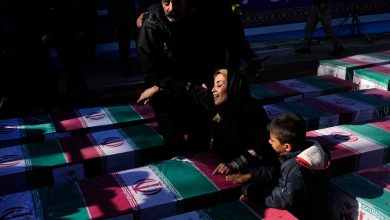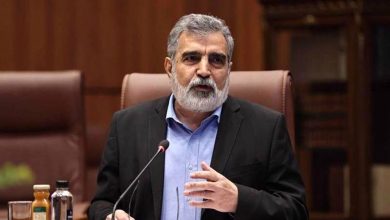Diplomatic Efforts Challenged by Military Buildup: Araghchi Criticizes US Approach
Foreign Minister Abbas Araghchi has stated that the United States' military expansion in the region is inconsistent with Washington's appeals for diplomatic engagement aimed at reaching an agreement with Tehran.
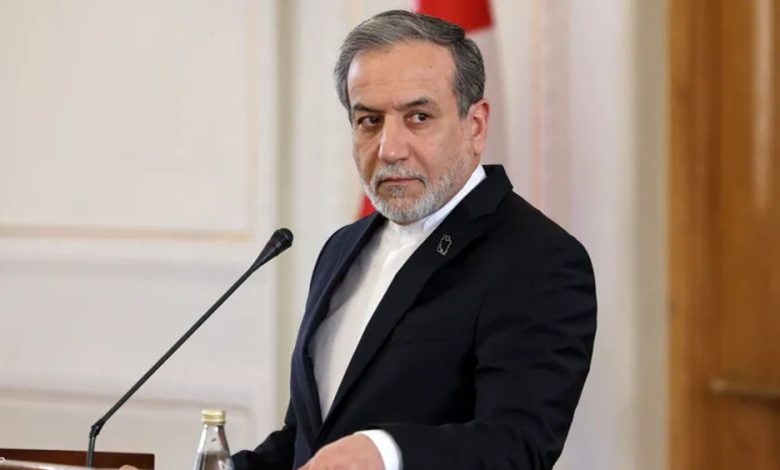
In an opinion piece published by The Washington Post on Tuesday, the minister emphasized Iran’s commitment to indirect negotiations with the United States regarding its peaceful nuclear program.
In recent weeks, the United States has significantly increased its military presence in the West Asian region, deploying additional fighter jet squadrons, stealth bombers, an aircraft carrier, and substantial quantities of weaponry.
Araghchi announced that their offer for indirect negotiations remains available, expressing confidence that genuine intention can pave a path forward. He emphasized that recent history has demonstrated the effectiveness of diplomatic engagement, suggesting it remains a viable solution moving forward.
An announcement has been made expressing a willingness to clarify peaceful intentions and undertake the necessary measures to alleviate any potential concerns.
The United States has the opportunity to demonstrate its commitment to diplomatic efforts by adhering to agreements it enters into. In return for respect, a reciprocal response can be expected.
In a statement cautioning against military escalations, Araghchi emphasized that increasing military deployments sends a contrary message, expressing concern over the allocation of taxpayer funds to amplify U.S. military presence in the region. This move, he warned, could place American soldiers in jeopardy at a significant distance from home and is unlikely to facilitate a diplomatic resolution.
Iran has expressed a preference for diplomatic solutions but has emphasized its capability to defend itself. The nation has a history of resisting threats and maintains that this stance will persist. While advocating for peace, Iran firmly rejects any notion of succumbing to external pressures.
“The onus is now on the United States to make the next move.”
Araghchi stated that if the United States is in pursuit of “a genuine diplomatic resolution,” Iran has already outlined the pathway forward.
“If pressures and threats are used in an attempt to exert control, it should be noted that the Iranian populace will respond collectively and decisively against such actions.”
Araghchi characterized the indirect talks as both an opportunity and a trial, emphasizing that negotiations do not stem from tactics or ideological leanings but rather represent a strategic decision grounded in experience.
The senior Iranian diplomat emphasized that the 2015 Iran nuclear agreement, formally referred to as the Joint Comprehensive Plan of Action (JCPOA), includes a crucial pledge where Iran confirms that it will never, under any circumstances, seek, develop, or obtain nuclear weapons.
A decade since the Joint Comprehensive Plan of Action (JCPOA) was established—and almost seven years following the United States’ unilateral withdrawal—there remains no indication that Iran has breached this agreement, he stated.
On April 6, Trump issued another warning to Iran, threatening to conduct bombing raids and impose additional tariffs should Tehran fail to reach an agreement with Washington regarding its nuclear program.
Iran has once again expressed its willingness to engage in indirect discussions with the United States regarding its nuclear program, which it maintains is for peaceful purposes. The nation cautioned that threats from the US are adding complexity to the current circumstances.
On April 7, Trump unexpectedly declared that talks would commence with Iran.
Iranian official Araghchi has verified that Iran and the United States are set to conduct indirect discussions in Oman on April 12. Representing Washington at these talks will be the US Middle East envoy, Steve Witkoff, while Araghchi will serve as Iran’s representative.
Efforts are underway to formulate a new agreement to supplant the 2015 nuclear deal, which was unilaterally abandoned by Trump in 2018.

